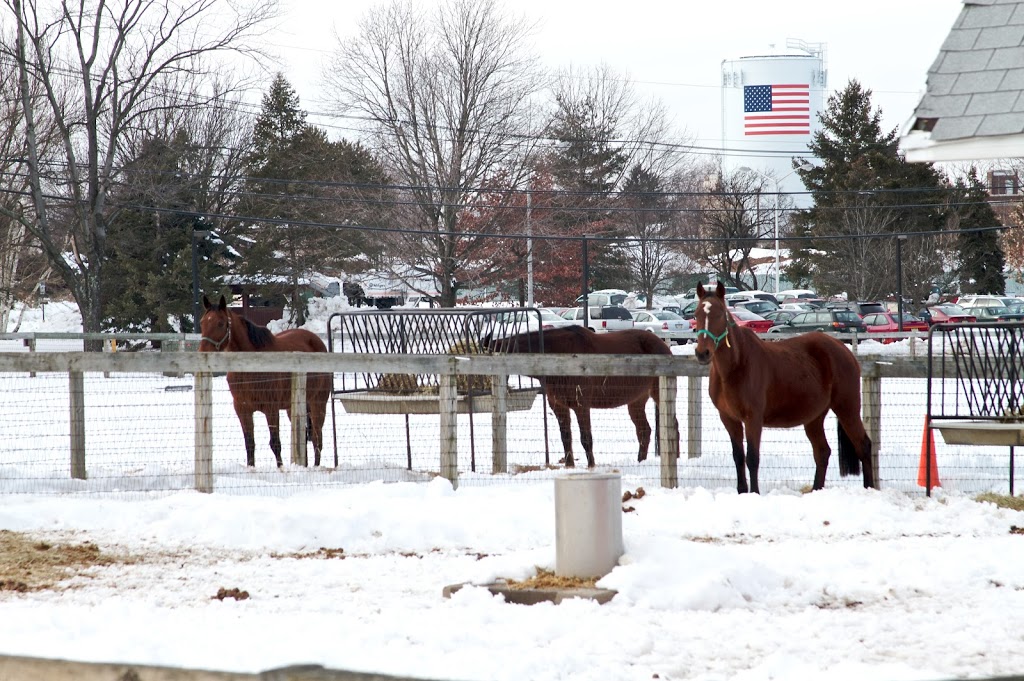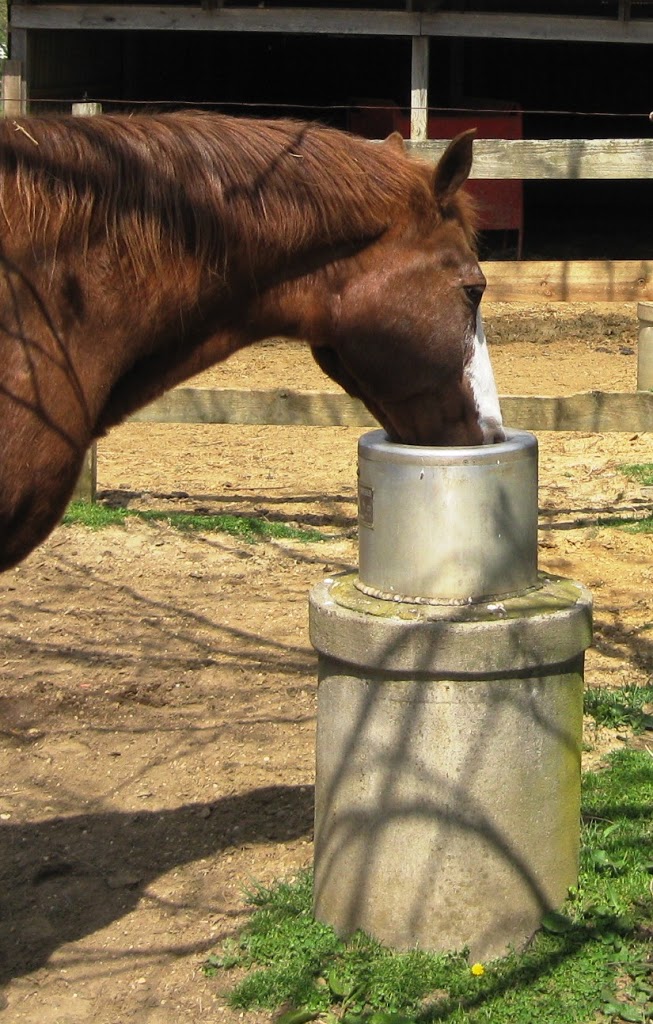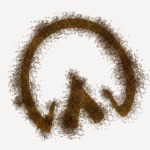Winter is approaching and just like the acorn-scavenging squirrel, horses similarly increase their nutrient (food AND water) intake. So, it’s perfectly acceptable for me to have an extra doughnut or two…or five! For every degree the temperature drops below a horse’s critical temperature, its hay consumption must be increased by 1%. It is important that only the hay is increased because that is the food that ferments inside their body and lets off heat to keep them nice and toasty.
 As your horse eats more hay, there is a higher risk of impaction colic if it does not have a glass of water with every meal. As much as I look forward to my refreshing fill of H2O in the morning, some horses aren’t as enthusiastic about hydration as yours truly. Often external factors such as temperature, weather conditions, and stress as a result of changes in the environment or workload can affect a horse’s drinking regimen. These factors, combined with the threat of automatic waterer malfunctions, can make it difficult for a horse to maintain proper hydration. For this reason, it is imperative that horses have access to fresh, clean water at all times and behavioral changes be addressed as soon as they are recognized. In the worst cases, dehydration can impair normal gut function, cause impaction colic, “tying up”, and other health issues.
As your horse eats more hay, there is a higher risk of impaction colic if it does not have a glass of water with every meal. As much as I look forward to my refreshing fill of H2O in the morning, some horses aren’t as enthusiastic about hydration as yours truly. Often external factors such as temperature, weather conditions, and stress as a result of changes in the environment or workload can affect a horse’s drinking regimen. These factors, combined with the threat of automatic waterer malfunctions, can make it difficult for a horse to maintain proper hydration. For this reason, it is imperative that horses have access to fresh, clean water at all times and behavioral changes be addressed as soon as they are recognized. In the worst cases, dehydration can impair normal gut function, cause impaction colic, “tying up”, and other health issues.
You know what they say about horses, “You can lead them to water, but you can’t make them drink.” Well, no one ever said anything about tricking them into drinking water! Some good tricks are soaking a pelleted concentrate, hay cubes, or beet pulp in two gallons of warm water as a meal to encourage water intake. Sometimes mixing in a teaspoon of salt into the feed can help encourage more drinking…perhaps a big bag of salty, potato chips will do! By keeping a close eye on the horse’s water source, and getting to know what is “normal” in terms of water consumption are both good ways to encourage proper hydration.
Also, horses may be reluctant to drink in the winter months if their water source is freezing cold, so water heaters may be useful for not only making the water a comfortable temperature for consumption and not a cold shock to their system, but also preventing ice from forming on the troughs and buckets. These can be dangerous if not installed correctly or in the case of a malfunction, so it is extremely important that they are checked on a daily basis. My friends at the Equine Science Center know all about how to maintain water supply in winter months – they wrote two factsheets about it! (Winter Feeding for Horses and Winter Care for Horses)
The Equine Science Center is a great source for tips, tricks, and truths about winter care for your horses this season. Think of it as an early gift to you from the Center!
Your pal,


